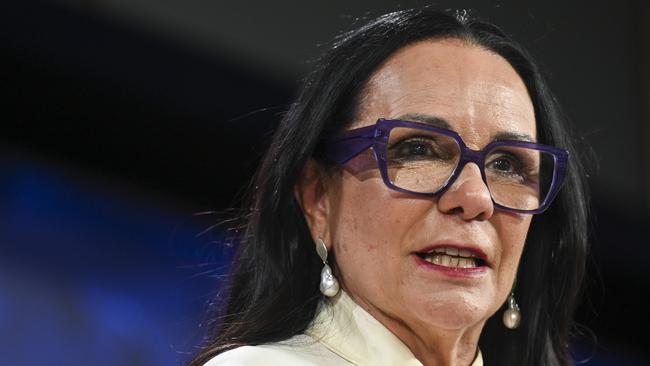
Yes case advocates may have misunderstood the lessons of the 2017 same-sex marriage plebiscite and last year’s federal election that brought a Labor left faction prime minister to power. Voice advocates see both as signs Australia has moved left. Hence criticism from media opponents such as Sky News hosts Peta Credlin and Andrew Bolt that PM Anthony Albanese has been hoping the voice would sail through “on the vibe”.
Yet the last election was a rejection of former prime minister Scott Morrison rather than a deliberate move left. Albanese campaigned as a small target with few actual policies other than pay rises, power price cuts and federal subsidies for aged care workers’ wages.
The same-sex marriage plebiscite signalled Australians believed gay and heterosexual family members and friends deserved the same treatment.
The voice is different. It is susceptible to the sort of campaign Pauline Hanson’s One Nation used against benefits paid to Aboriginal people in the 1990s.
Similar fairness concerns dominate arguments against the voice. Opponents believe the voice will give one group, Aboriginal people, more rights simply because of their race. Yet the same opponents may support recognition in the Constitution and want Aboriginal lives to improve.
Historian Bain Attwood made similar points in Friday’s Australian Financial Review, contrasting public attitudes at the time of the 1967 Aboriginal referendum to those of today. He says the rationale used by campaigners then was about equality, and middle Australia overwhelmingly supported change.
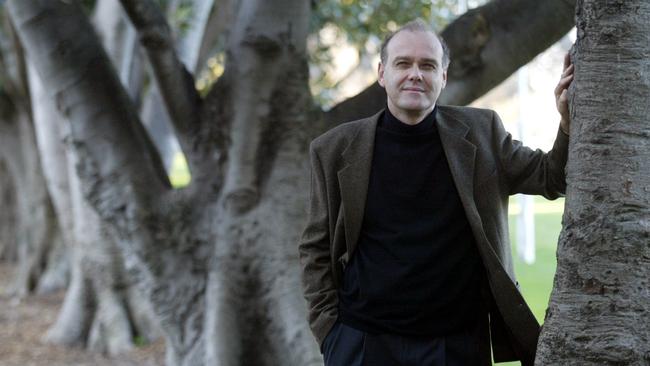
Today, “economic and social policies (have) impoverished many non-Indigenous Australians at the same time … (leaving) them feeling they have been deserted by mainstream political parties … Not surprisingly, many of those people resent a form of politics that appears to talk a great deal about oppression and inequality in reference to race … but hardly ever discusses what used to be signified by the word ‘class’.”
In other words, compassion is easier for the rich.
It’s similar to the Left’s misunderstanding of the asylum seeker issue in the late noughties. The biggest backlash against Labor’s fumbling was in seats with large Middle Eastern migrant populations who preferred family reunion for their own relatives to people smuggling.
Voice supporter Chris Kenny has argued here and on Sky News that the biggest flaw in Opposition leader Peter Dutton’s No campaign is his commitment a future Coalition government would support a legislated voice, even if the referendum fails. That is, Mr Dutton supports a voice and constitutional recognition but not a voice in the Constitution. This is a tacit admission a voice could help address Aboriginal disadvantage.
Similar irony abounds in the multiple positions of conservative voice supporters such as former Liberal spokesman on Indigenous Affairs Julian Leeser, and constitutional lawyer and former Australian Catholic University vice-chancellor Greg Craven. Both were passionate supporters of the referendum last year.
Earlier this year both began arguing the government should tighten the referendum question to make clear the Voice could only give advice to parliament, rather than to executive government. Then having lost that battle, they now wholeheartedly support a proposition they argued against only a few months ago.
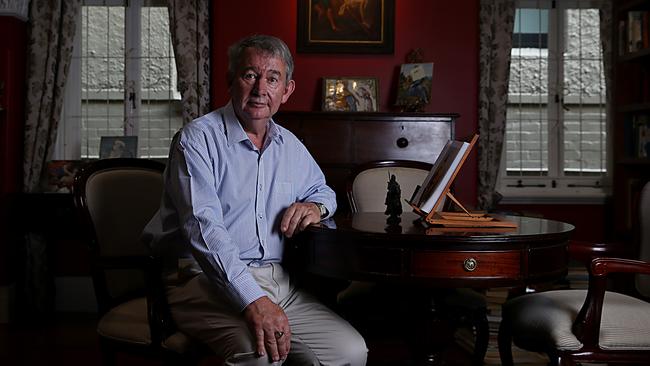
Even more ironic have been regular demands from voice advocates such as Indigenous Australians Minister Linda Burney, Mr Albanese and Cape York leader and voice co-designer Noel Pearson for civility in the voice debate. This trio has claimed the Yes campaign will be respectful: that when No advocates go low, Yes advocates will go high. In practice they have done the opposite.
In her speech to the National Press Club on July 5, Burney deliberately diverted from the set text to accuse the No campaign of sowing division with Trump-style tactics. Twitter lit up during questions after the speech criticising journalists for asking Burney to give details of voice operations. Twitter lit up again the following Sunday when Insiders host David Speers also asked Burney perfectly reasonable questions.
On both occasions Burney seemed impervious to reasonable journalistic requests for detail and smiled as she repeatedly said she was not contemplating defeat. This won’t do. Critics of journalists who seek voice detail are simply playing into the hands of No case campaigners. The vibe will not win this referendum.

Celebrity Yes campaigning by actors, sports bodies and big business might be counter-productive. And as Kenny noted in an excellent column on July 8, advocates need to respect doubters rather than demonise them. Indeed just as US voters turned against Hillary Clinton in 2016 when she called some of them “deplorables”, branding voice opponents as racists will only hurt the Yes case. This column, which suggested right back in January that Yes polling was collapsing, has a few additional suggestions.
First, Albanese and the Aboriginal leadership should acknowledge Australia across all levels of government spends about $50bn a year on Aboriginal programs that Yes case leaders and Burney admit have done little. This column would argue much of that money is swallowed by government and Aboriginal bureaucracies.
Scrap these programs and the thousands of Aboriginal organisations and corporations funded by governments and promise all future spending of taxpayers’ money on Aboriginal welfare will be overseen by the voice. Then promise to hold the voice accountable for the results.
Second, Albanese should rethink the need for bipartisanship. The voice’s remit should be pared back to advising parliament, not executive government. It should be tasked in the referendum question with targeting the four areas Burney told the Press Club she wanted the voice to focus on but in effect will have zero power to demand it do so: health, housing, jobs and education.
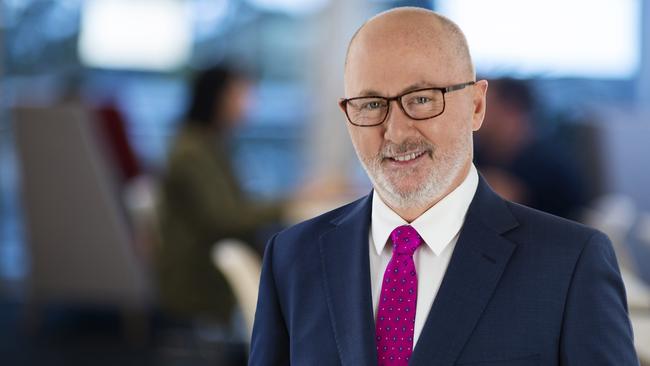
There is no point in Yes campaigners screaming “disinformation” when voice critics argue the present referendum wording could give the voice a say over any areas of public policy. The critics are technically correct; Aboriginal voice advocates have publicly admitted as much.
Nor is it any good Albanese and Burney claiming the voice would not want a say over interest rates, for example, because it would be too busy with other things.
Voice supporters also need to distance themselves from the Aboriginal left. Voters will not support a proposal they believe is seeking to punish today’s Australians for the misdeeds of colonists 200 years ago. Recent migrants will be the most hostile to that.
This column opened on January 30 saying, “Underlying hesitancy about the voice … is a suspicion that metropolitan rights campaigners care little for the plight of displaced Indigenous people in remote Australia.”
It singled out the failure of the former ATSIC (Aboriginal and Torres Strait Islander Commission) to make progress on Aboriginal wellbeing. Yes campaigners want the voice in the Constitution so it can never be abolished the way ATSIC was in 2005. Yet ATSIC met the fate it deserved after various corruption findings.
The onus now is on the government to adjust the voice proposal to take account of reasonable voter scepticism.
Attwood concluded his AFR piece by suggesting Albanese shelve the referendum for now and legislate a voice. Certainly changing the referendum question or delaying the vote would be better than a defeat this column believes will be similar in size to the 1999 republic referendum.


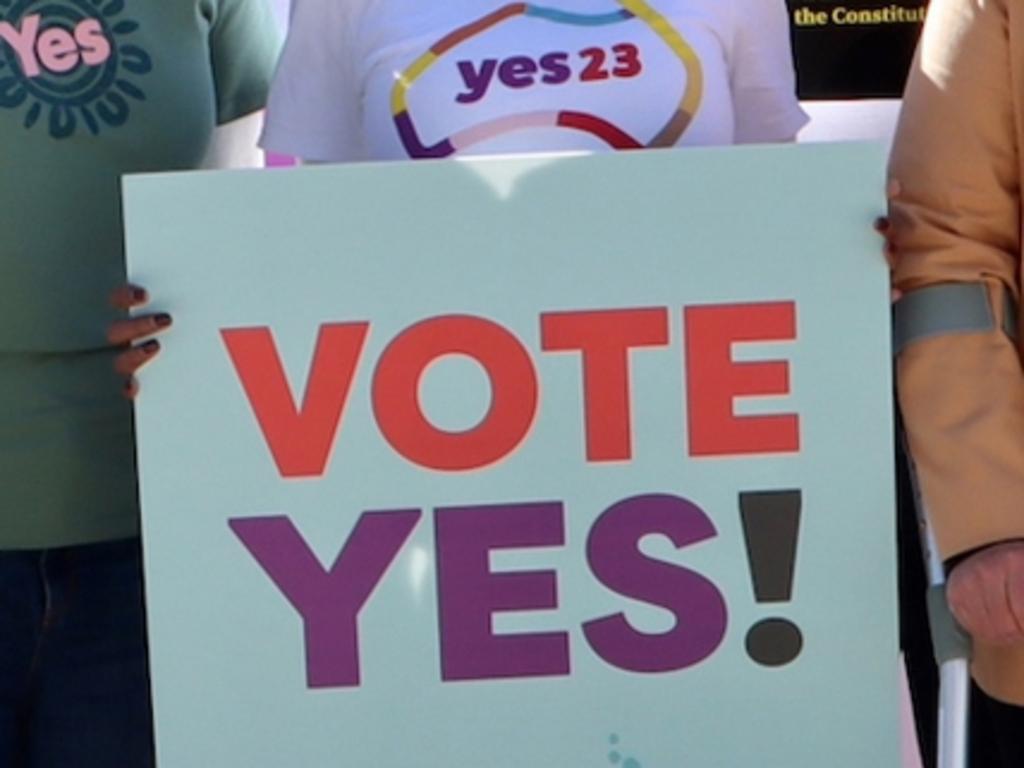
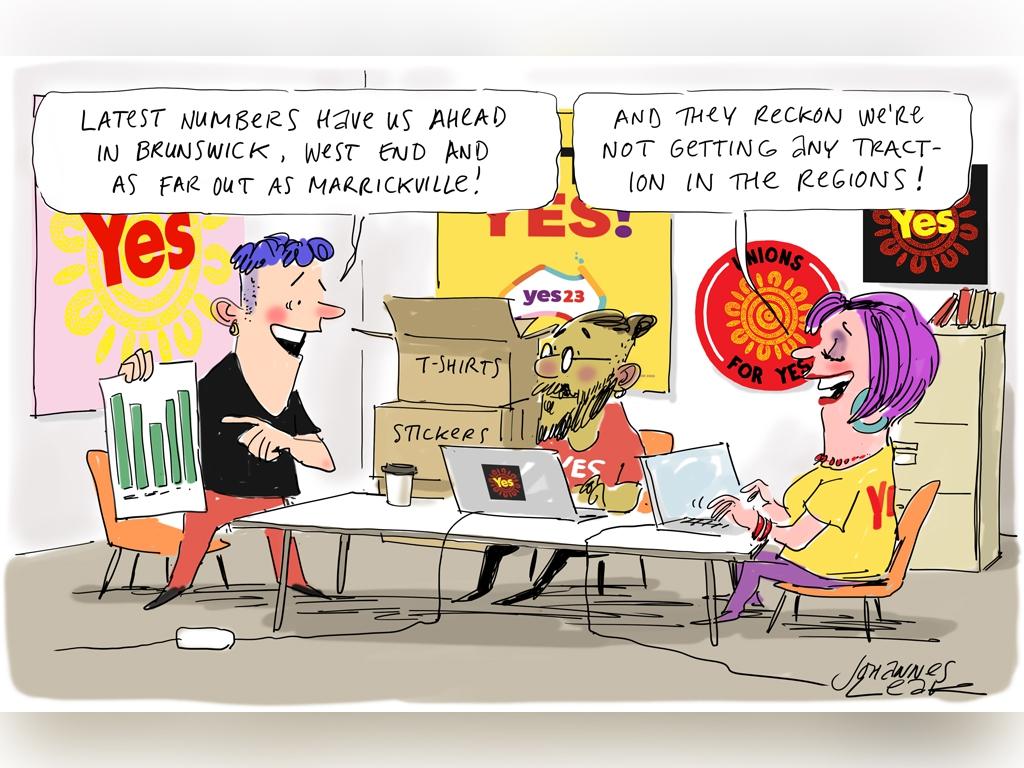

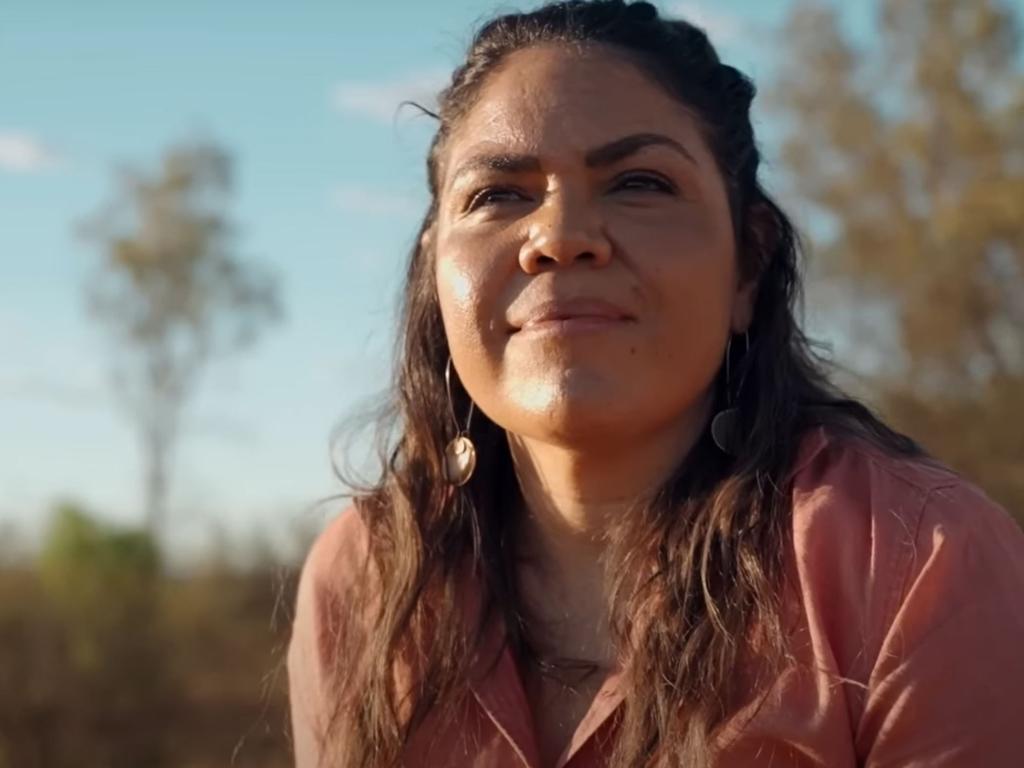


Only months out from the referendum on the Aboriginal voice to parliament many Yes and No arguments remain riddled with irony.